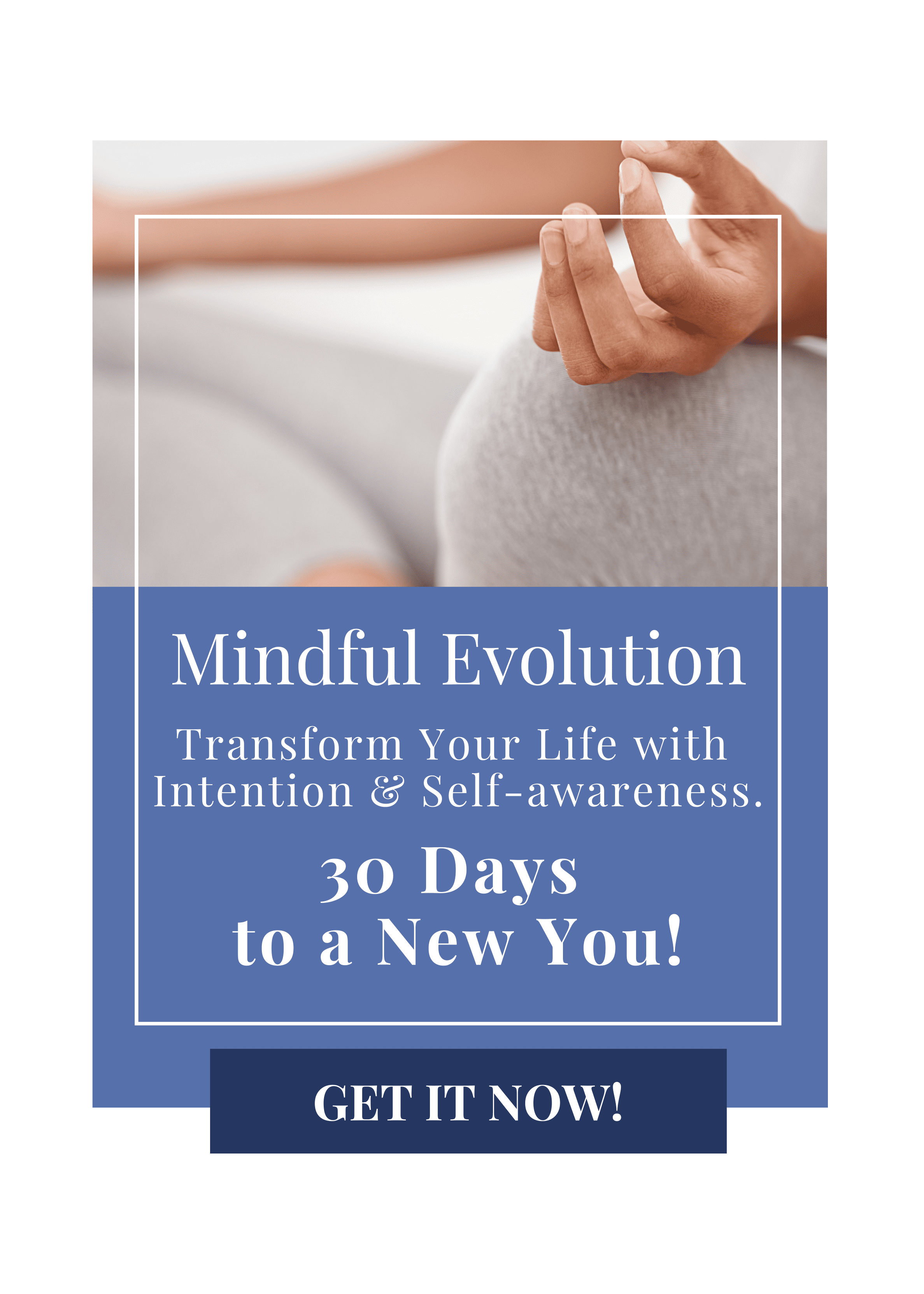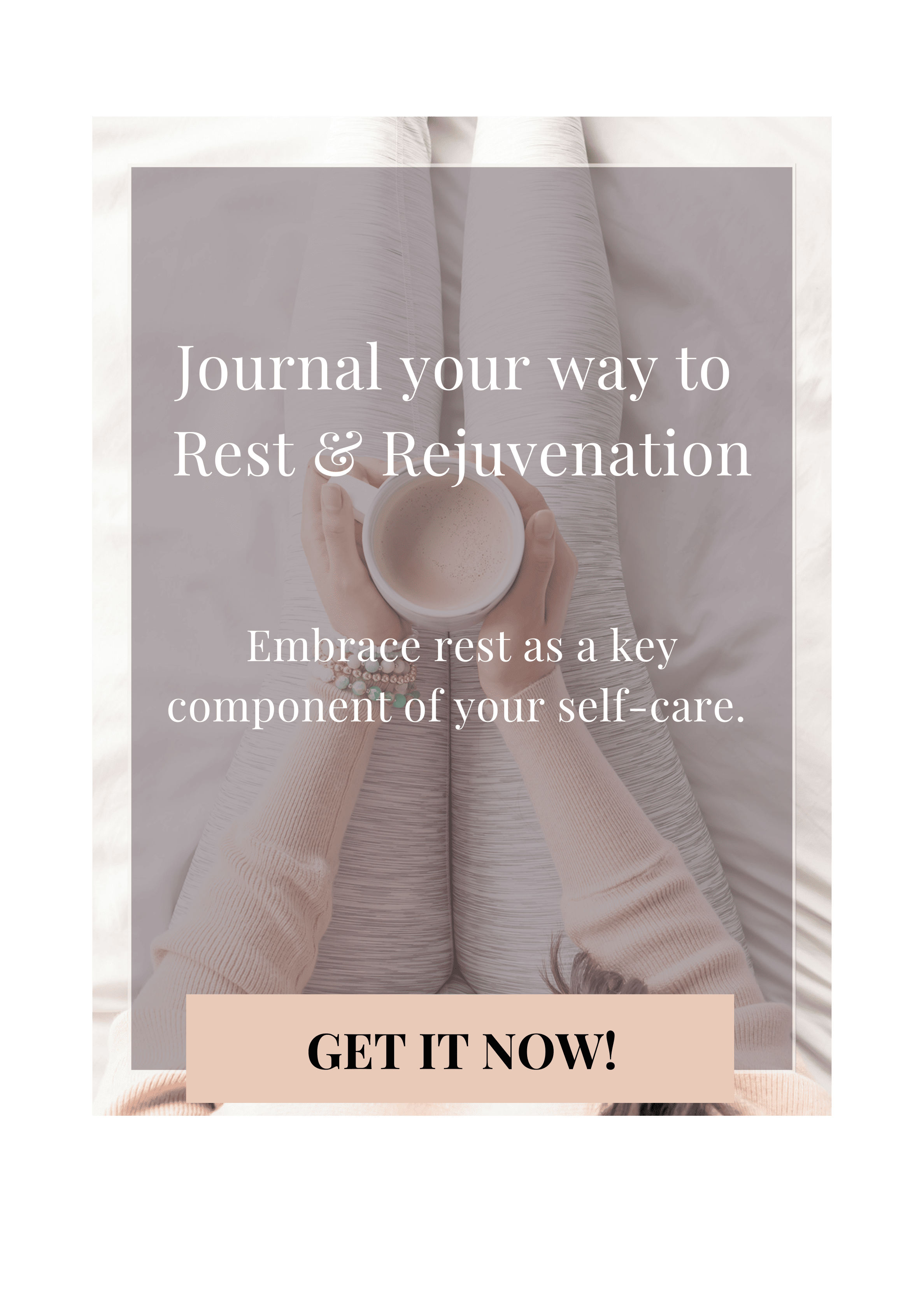This article includes a short introduction to the concept of Asteya + journal prompts + practical and easy ways to incorporate the concept into your life.
NOTE If you just landed on this article be sure to read the first article in this series first:
“What can an ancient text called the Yoga Sutra do for you?”
YAMAS – The external ethical rules.
(Yoga Sutra II.30)
Yamas is the first limb in the 8 limbs of Astanga Yoga. Yamas means restraint = as in holding back, or trying to stop doing.
The Yamas consist of a list of 5 ethical principles for your relationships with others, the outside world, and nature. They are, in their most basic form, a form of basic life principles and focus on the kind of behavior you should try to live by. By living these principles, you neither inflict suffering on yourself nor others around you.
The 5 principles are; non-violence (ahimsa), truth (satya), non-stealing (asteya), restraint (brahmacharya), and non-attachment (aparigraha). They are the moral, ethical, and spiritual guidelines that are important to observe if you want to achieve a balance in life and health and well-being; physically as well as mentally.
The five principles can all be easily observed in your daily actions, words, and thoughts. By trying to live by them or, in the first place, just becoming aware of them, you are helping to form the foundation for a healthier and happier self as well as contributing to a healthier and happier world.

Asteya – do not steal, the third Yamas
(Yoga Sutra II 37)
Anything that is not freely given to you is stealing.
Asteya is the third Yamas, and addresses the concept of not stealing and staying away from things that are not voluntarily given to you. Don’t steal, not even paper clips at the office or napkins at Starbucks.
When anything that is not freely given to us can be considered stealing, the concept of what constitutes stealing takes on a whole new dimension. Stealing doesn’t just mean stealing money or possessions from someone else, which most of us rarely do in our daily lives anyway. But also, how often do we try to steal someone’s time, try to talk someone into doing something they don’t freely want to do or ask for someone’s attention when it’s not freely given to us? (hallo aggressive advertising).
Non-stealing means cultivating a sense of abundance and gratitude within us. Realizing that we lack for nothing but have everything we need (once our basic life needs have been met). We can be grateful for the things we have instead of trying to take what is not naturally ours.
Examining the ways in which we “steal” from ourselves, from others and the environment can be a quite sobering and eye-opening experience. One that I highly recommend you go on. Simply reading the post and contemplating the practical steps prescribed here can set you down a whole new path in your life.
Practical steps when working with Asteya.
Applying Asteya to the practice of yoga and any kind of physical exercise.
- Do not perform poses that are beyond your physical reach.
- Don’t steal from yourself by underestimating yourself.
- Don’t cheat, follow the rules.
- Offer encouragement to others rather than spend time comparing.
- Give your full attention to any coach or teacher and be respectful of your peers.
- Don’t grab attention and focus on bettering yourself instead of showing off.
Applying Asteya to your life.
- Respect other people’s space and things.
- Don’t steal from yourself by talking yourself down.
- Respect the personal boundaries of others as well as your own boundaries.
- Share knowledge generously with others.
- Be mindful of your consumption of things and goods.
- Practice being punctual, so as not to steal time from others.
- Be mindful of your energy levels and the energy levels of those around you.
- Pay for services and things and don’t share them without permission from the creator.
- Don’t steal attention and credit for things that are not yours.
- Don’t give unsolicited advice or comments.

Important self-investigation.
When you feel the need to steal; other people’s time, energy, attention, material goods, etc. You often operate from a feeling of fear, with the starting point that you are not enough or do not possess enough.
Do you feel like you are bathing in abundance or are you constantly looking for something extra to satisfy yourself and make you happy? Do you often demand time and attention from others, or do you let others steal your time and attention? Look at where in your life the lack of Asteya turns up as being greedy, taking up space, room, attention, energy, and wanting more possessions.
Our desire for one-upping and taking attention from others can show up in several hidden and unnoticeable ways. You might mention and start talking about your dead family member when others confide in you that they have just lost a loved one, constantly interrupt others while they are talking, or make claims about other people’s time and energy to assist you.
By taking some time to focus on yourself, you can build confidence in your own strengths and your inherent abilities, and once you do this, you’ll be less inclined to steal from others. Practicing feeling gratitude and showing more generosity for yourself, and others can lead you to develop more reciprocity in your relationships with others and your environment.
Going back to ancient times, people believed that a relationship of reciprocity existed between goods and humans. The goods delivered the sun and the rain for the crops and offerings were given back to them. Living like that in a state of harmony and balance means developing mindful self-awareness to be able to practice discernment in your actions and your words.
Contemplation and Journal prompts on Asteya.
- Pay attention to your own inner dialogue, do you often compare yourself to others? Why do you think you do this?
- Do you feel a sense of scarcity and lack? How does this hold you back?
- Do you steal from the earth (resources) or from others (things, time, energy, attention)?
- How are you stealing from yourself by keeping yourself small?
- How are you stealing from your potential future by not taking adequate care of yourself in the present?
- Can you be grateful for what you have? And how can you incorporate practicing gratitude in your life?
- Do you often interrupt others when they are speaking, or do they interrupt you? Why do you think that is?
- Do you spend a lot of time complaining, and by doing so steal the energy of others? How can you work on cultivating more gratitude and positivity in your life?
Ready to take the next step – Brahmacharya!






